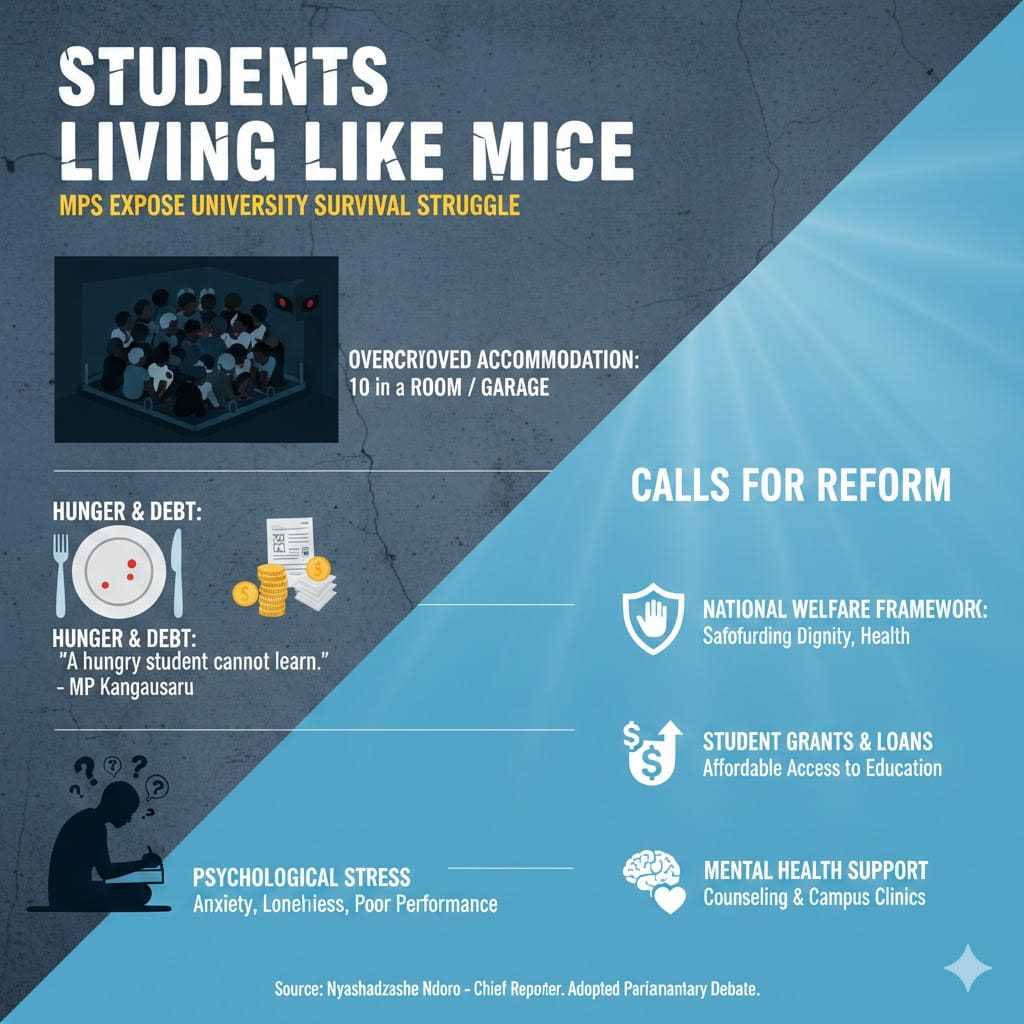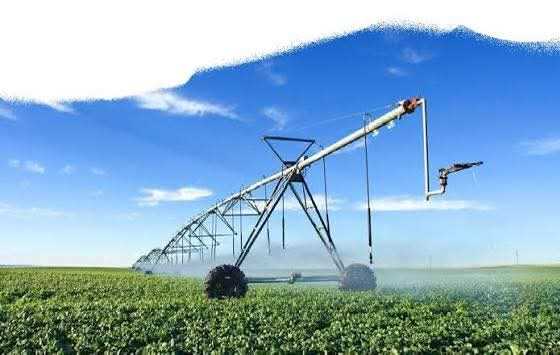
Zim Now Writer
The Ministry of Primary and Secondary Education will conduct public awareness campaigns in regards to the Continuous Assessment Learning Activities to clear misinformation and misunderstanding on the issue.
Last week, the Ministry held curriculum review public consultation meetings across the country to assess reception of the school curriculum introduced in 2015.
The ministry's communications and advocacy director, Mr Taungana Ndoro, said it is too early to scrap CALA.
"The meetings went on very well. However, we realised there is misunderstanding and misinformation with regard to CALA.
"Most parents and stakeholders do not understand what CALA is and think that it is expensive and can only be conducted if one is connected to the internet, which is wrong and not true.
"As the ministry, we realised that those who believe it should be scrapped or removed from the school curriculum do not understand it. So, starting from this week, we are conducting awareness campaigns that seek to educate parents about CALA and what it is.
"CALA seeks to promote critical thinking, innovation and promote problem-solving skills, and this is in line with education 5.0 and the National Development Strategy 1.
Related Stories
"In addition, if we remove it now, it will also be detrimental to our curriculum, so we are going to continue with the engagement until we find each other.
"Stakeholders who understand CALA say it should not be scrapped but some components should be reduced," he said.
Education expert Professor Caiphas Nziramasanga, whose pioneering research under the Nziramasanga Commission formed the genesis of CALA, said the government should reduce the number of CALA components per subject to ensure learners fully benefit from the exercise.
Professor Nziramasanga said the reduction of the number of activities per subject should depend on the grade or ability of the learner.
“A learner should have one or two activities per subject they master from primary to secondary level.
"After O level or A Level, if they cannot proceed, they can join vocational training centres.
"The research part should be removed and the activities left with a practical side that lets the learner get the highest point of skills in any activity."
"CALA should be used to screen learners, so that those who are not academically gifted can exclusively focus on practical subjects and they can be assessed by the Higher Education Examinations Council.
"This helps learners to be masters in specific disciplines. The education we now need is one that lets learners create their own employment," Professor Nziramasanga said.


















Leave Comments